Like all other types of religions, baptism also exists among Buddhists. For them, it is a rite of profession of faith. In other words, the one who is going to be baptized must take refuge in the Buddha, in his law, namely the dharma, and in the sangha, the Buddhist community. This Profession of Faith is not final and can be repeated at any time. One is not born a Buddhist and one does not become one through Buddhist baptism. We only become one if we adopt the path of the three jewels.
Buddhist baptism: an essential step in spiritual life
The Buddhist baptism is a ceremony where new followers decide to follow the teaching of the Buddha and enter the community of disciples. It marks an entry, a starting point where all the rules in the Buddhism religion should be respected. For the true Buddhist, Buddhism constitutes an art of living, a second nature which cannot be experienced at one time of the day.
The process of the Buddhist baptism ceremony
The way the baptism ceremony takes place among Buddhists varies according to the region, but also according to the group they belong to, notably Theravada and Mahayana. A Buddhist monk may bless the child by reciting a text while pouring holy water over their head and tying a blessed thread around their wrists. Through this symbol, the mind and body of the child will be linked into a single entity or even be perpetuated by a lineage. The child will be blessed and accepted by the Buddhist community, but will not yet be officially proclaimed a Buddhist in turn.

To do this, he must rub shoulders with a Buddhist monastery and take refuge in the three jewels which are the Buddha, the dharma, and the sangha. Little by little, by becoming familiar with the concepts of Buddhism which are Karma, Nirvana and the Sutra, then by learning and respecting the five fundamental precepts, the child will be on the path of awakening and can be considered ready to be a lay Buddhist. Once considered ready, the child will contact a Dharma master in order to be able to finalize his transition with the help of a ceremony.
The official ceremony will normally take place in a monastery where a Dharma master first explains the contents of the three jewels. He will then ask the person who is going to be baptized or the parents if it is still a child to repeat the refuge formula 3 times with him. As soon as this is done, the child will be legally recognized as being Buddhist.
Comparison of Buddhist baptism with other religions
Unlike other religions which, once baptized, the child will be eternally recognized in the religion, the status of Buddhist can be taken back at any time with regard to the actions performed and undertaken. What differentiates Buddhism from other religions is the fact that God does not necessarily exist, but we take refuge in the Buddha, his teachings and his community. However, in other religions, there is indeed a god who varies depending on the religion. For Islam for example, it reveres Allah and Christianity, it praises Jesus Christ.
The rules to follow to be baptized in Buddhism
 < /p>
< /p>
As in all other religions, there are also rules for being baptized in Buddhism. One of these rules is taking refuge in the three jewels since these are the central object of the Buddhist baptism rite. This is therefore the first thing to do in order to be baptized.
Taking refuge is showing respect and gratitude to the Buddha, the Dharma and the Sangha, but also to demonstrate the determination to move towards what is true, beautiful and good. In addition, it also allows one to recognize the possession of the capacity to understand and love. Subsequently, taking refuge is also knowing the source and origin of Buddhism, understanding that the Buddha is the one who shows the way to follow, but also understanding love in this life. By learning the teachings of the Buddha who is the totality of the elements of the world and consciousness can guide one towards the right path and Liberation. The Buddha shows the path that leads to love and understanding, peace and deep insight.
Knowing how to live and adapt in the Buddhist community is also a rule to follow. The Sangha is the community that lives in full awareness and harmony. It is made up of everything that surrounds me, namely friends, family and the Buddhist master. Within the Sangha, the practice will be easier and more pleasant.

Understanding the four noble truths is also part of the rules to follow to be baptized. They are the synthesis of the integral teachings of Buddhism. The first noble truth which is Dukkha or suffering and conditioned existence imbued with suffering. It should be noted that birth is suffering, old age is suffering, illness is suffering, death is suffering. The Buddha's teaching is therefore positive since it allows one to free oneself from suffering. The second noble truth namely Samudaya or apparition describes the appearance or origin of Dukkha. Suffering exists because there are causes and therefore it is completely logical to want to know these causes.
The thirst for new things is the most palpable and immediate cause of suffering. Furthermore, the third noble truth, notably Nirodha or cessation, concerns the eradication of suffering. Once we have found the origins of suffering, we will act on the causes to put an end to this suffering in order to achieve what we call final liberation. Depending on the degree of cessation achieved, one obtains one of the four stages of liberation which is the bodhisattva. Regarding the fourth noble truth called Magga or Noble path is composed of eight elements including correct vision, correct thought, correct speech, correct action, correct profession, correct effort, correct attention and correct contemplation. By practicing these eight elements simultaneously, one achieves the ultimate goal which is Nirvana.

Becoming familiar with Nirvana and understanding what Karma is is one of the last rules before being able to move on to Buddhist baptism. Nirvana is the end of the cycle of reincarnations, according to Buddhists, the human being reincarnates until reaching Nirvana. During reincarnation, the human being can take different forms, namely animal, human, heavenly or fantastical, depending on karma. Karma is made up of bad and good actions performed in previous lives. It determines the rebirth of a being and is therefore closely associated with the cycle of reincarnations.
Whether good or bad, karma can influence immediately, in five lifetimes or in thousands of years. It depends on when certain effects should manifest. When we perform bad actions like lying, stealing or killing, we develop negative karma. On the other hand, if one performs good deeds such as showing generosity and spreading Buddhist concepts, one will develop positive karma. There is also neutral karma. The latter comes from passive actions like sleeping or simply breathing.
What you get after receiving Buddhist baptism

Once baptized in the Buddhism religion, the person will obtain many qualities and satisfactions.
Joy
For example, she will have the joy of living throughout her life. By following the values and rules prescribed by the Buddha to the letter, we can live in happiness. After the heart receives the teaching of Buddhism, one can realize the importance of others. Indeed, we no longer think only about ourselves. We become less selfish and a little more generous. Then, after baptism, we also begin to no longer compulsively attach ourselves to useless things.
Read also: The Best Buddha Quotes
By adopting the Buddhist faith, life becomes simpler. We no longer live in suffering. We hurt ourselves less than before and we can feel at peace with ourselves. In Buddhism, having a clear conscience and feeling happy are very important steps to having a more peaceful spiritual life. All of these can be obtained through baptism. In the case where we lose this joy, it means that there is something that we should not have done or that we made a mistake.

It should be noted that the concept of this spiritual joy is not the same in the East and the West. Indeed, Easterners think that if you are a Buddhist, you should be happier, more open, more joyful and less worried. You have to show joy on your face. On the other hand, in the West, to be religious, you must always be serious and above all avoid laughing in church.
The Rapture
This emotion appears dependent on joy. It is intense, powerful, gripping and even ecstatic. One can only have it after having been baptized in Buddhism. Rapture is an extreme psychological experience. It can be shown by the hair that stands on end or even the tears of joy that are shed.
Calm
In addition to joy and delight, the baptism of Buddhism also brings calm and appeasement of the spirit and mind. The impulses of the physical disappear. So, no matter the situation we live in and no matter the problems, we will be able to face them calmly. This quality depends above all on the rapture explained above. Above all, they are dependent. In the case where the experience of rapture is great, one will have a greater capacity to receive it. There will therefore be fewer external disturbances. On the other hand, if the experience of rapture is small, one can easily resort to physical impulses.
Bliss

After calm comes bliss which is a state of intense happiness. It defines the complete unification of all energies. This emotion is received especially after having carried out and succeeded in a good deed. To become a Buddhist, thinking of others is one of the qualities you must have. You must always do good deeds, act appropriately to congratulate yourself afterwards. The joy this brings is immense. In addition to joy, there can also be love, peace and compassion. Buddhist baptism therefore allows us to avoid negative emotions including greed, fear, hatred, remorse and many others.
Concentration
In addition to all these, the baptism of Buddhism also allows the individual better concentration in everything he does. This appears when we are in a state of intense happiness. Its principle is that if you are happy, you can easily concentrate longer. However, it is possible that concentrating can be difficult for some people. It is through the practice of meditation that we can obtain this faculty.
Knowledge and vision
After performing the baptism ritual of Buddhism, one can be truly happy. Once we live in happiness, we can have the opportunity to begin to see things as they really are. In addition, new knowledge can be obtained. These have three aspects, the first of which is to take into account that not all conditioned things are permanent. Then the second is to see that they are also unsatisfactory. They can give happiness for a while. This is why you shouldn't get too attached to it. Finally, the third aspect consists of realizing that things are also insubstantial.

Freedom
To conclude, we obtain more freedom after the baptism of Buddhism. This especially concerns spiritual freedom. For most people, being free means doing what you want. But, for Buddhists, the concept of freedom is different. It has two aspects, the first of which concerns the mind. It is a total liberation from all subjective, emotional and psychological thoughts. Then, the second aspect is the freedom of wisdom. The main goal of Buddhism is to have complete spiritual freedom and freedom of the heart.




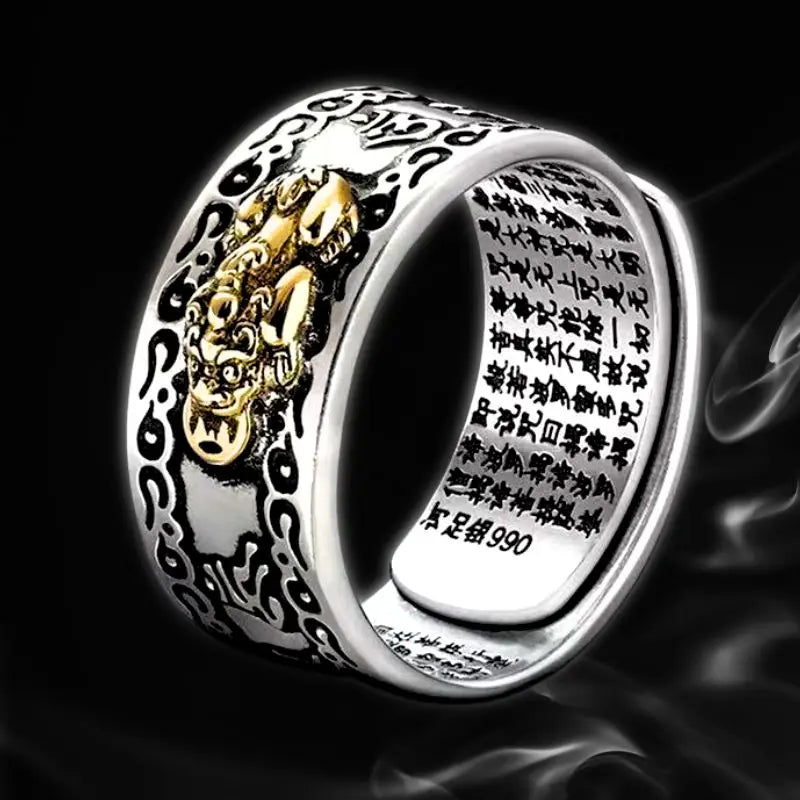
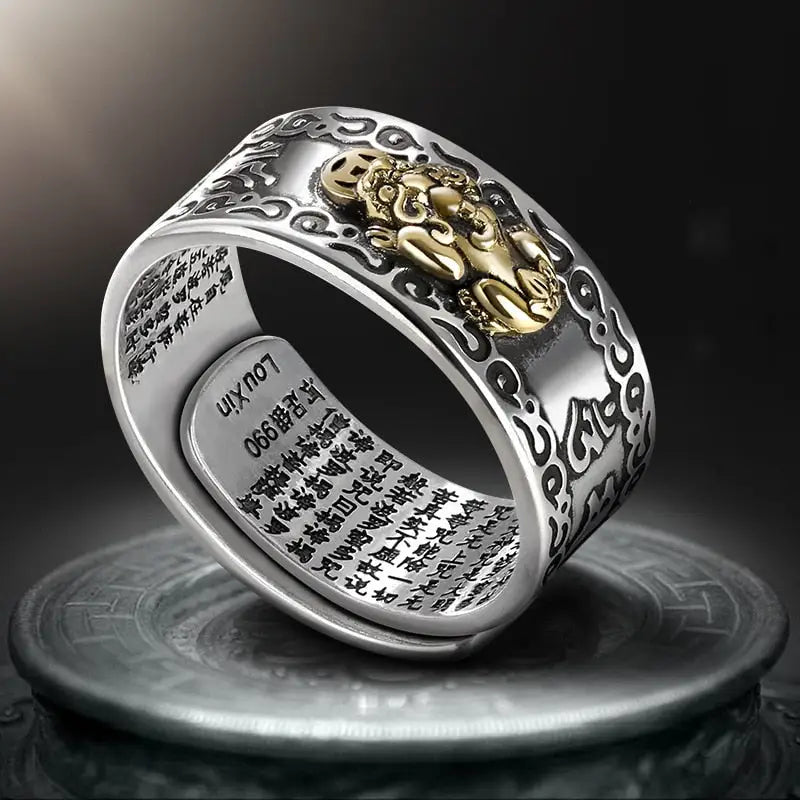











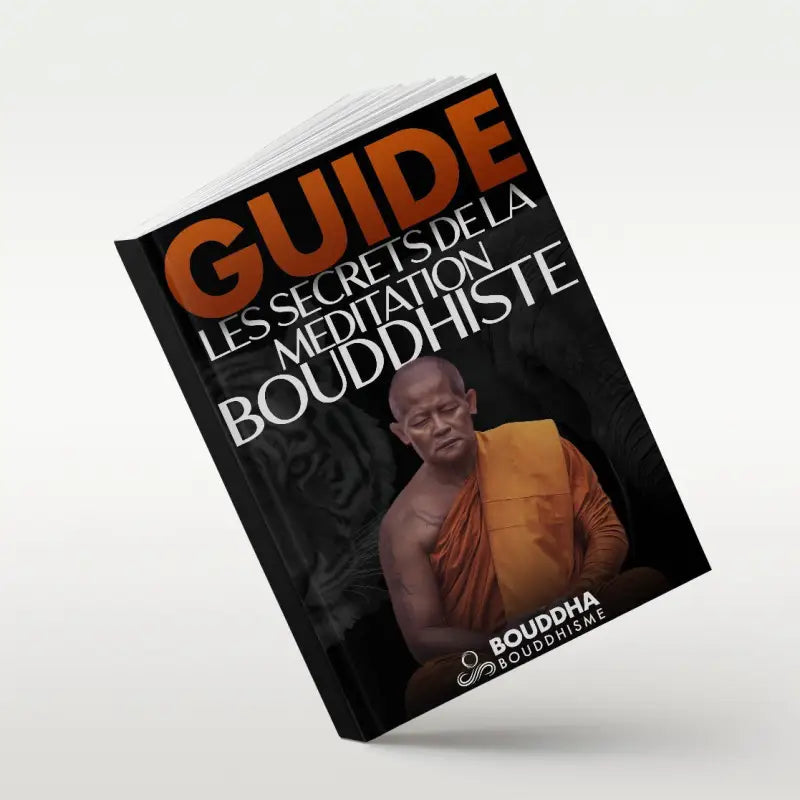
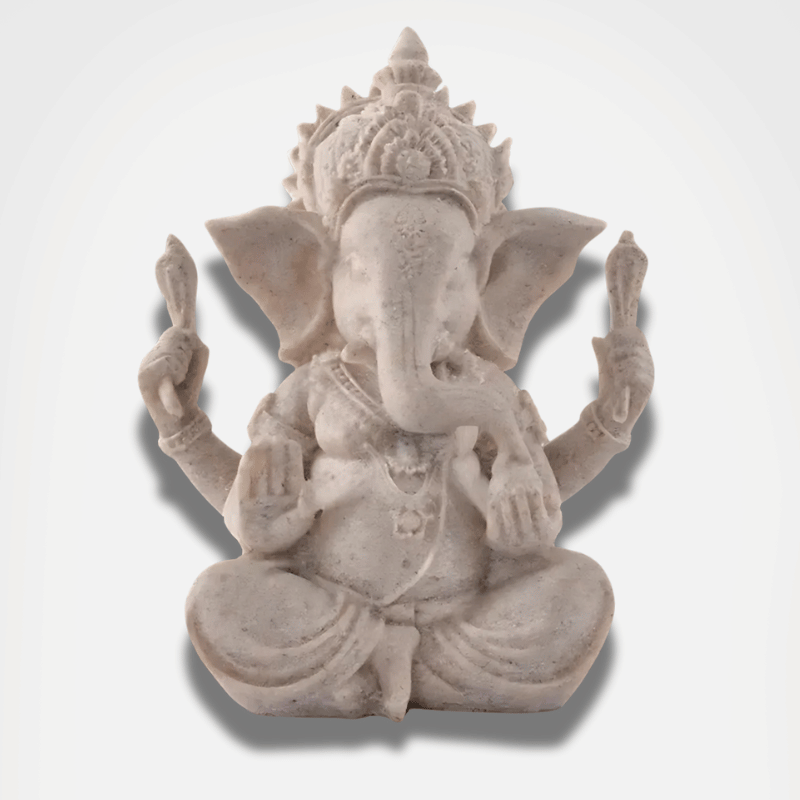
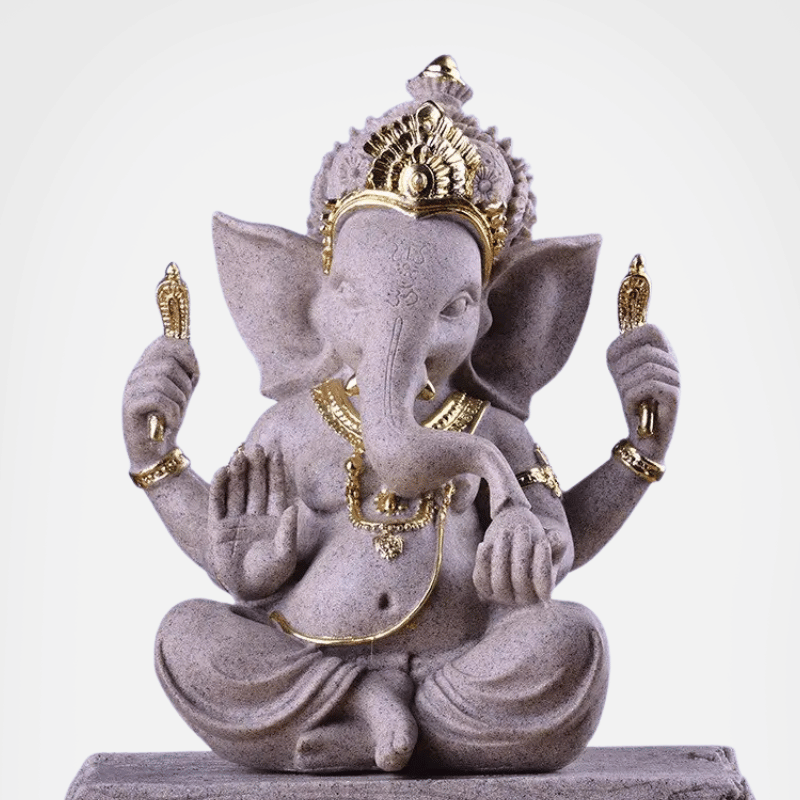
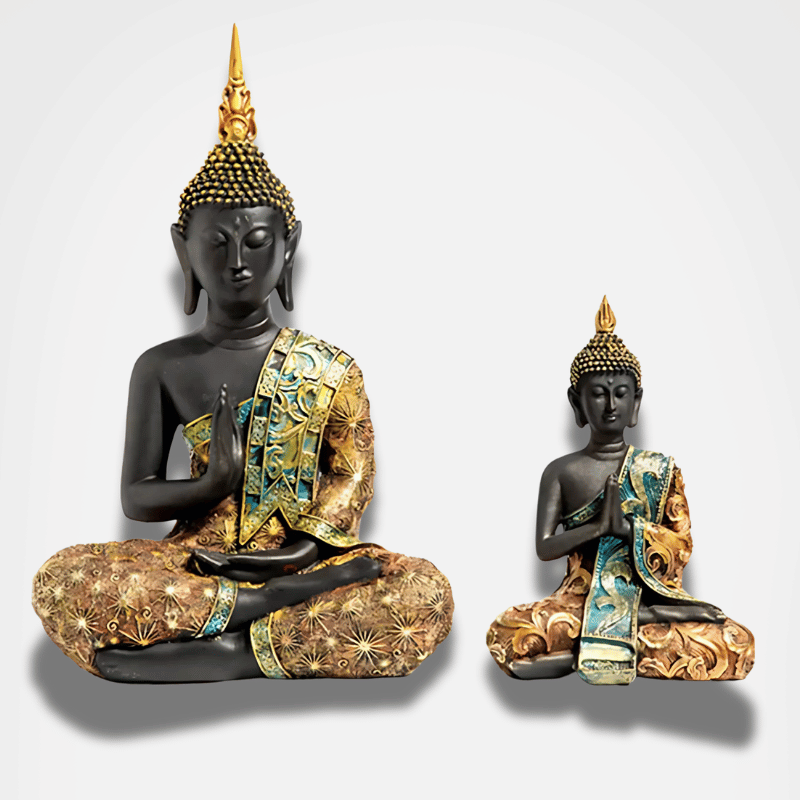
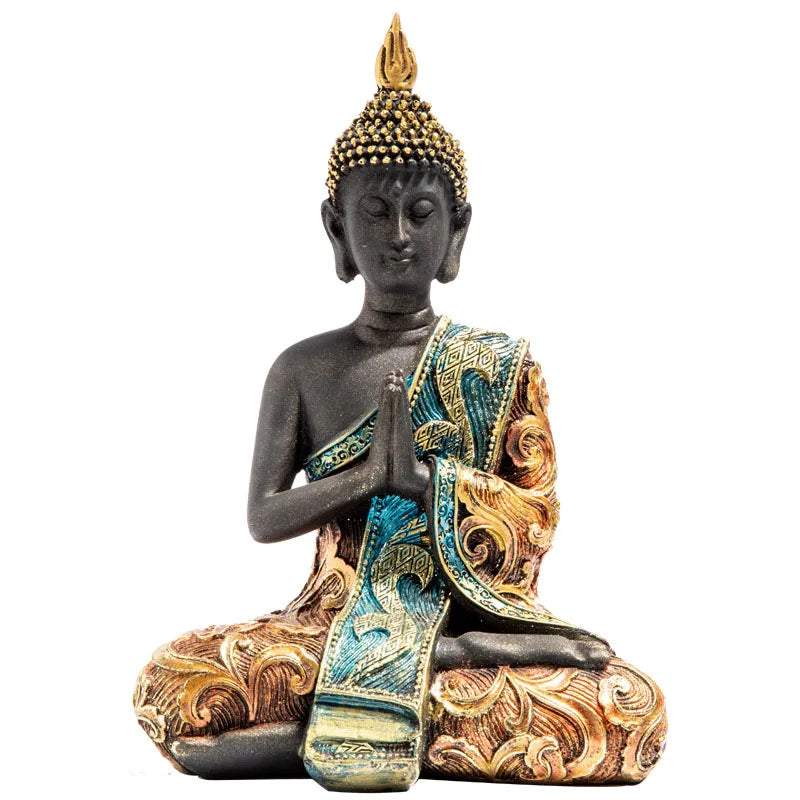
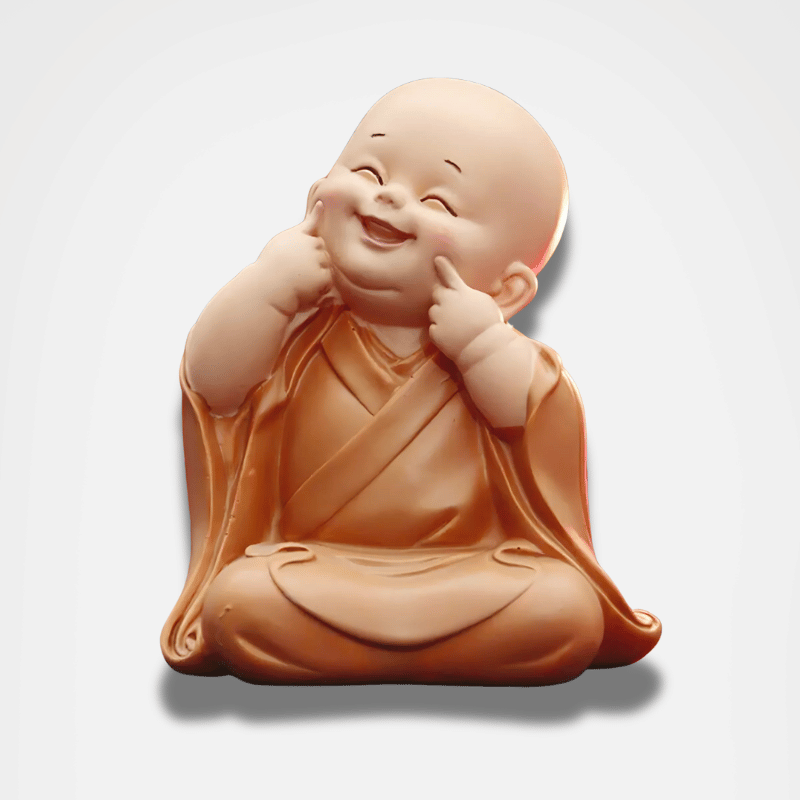



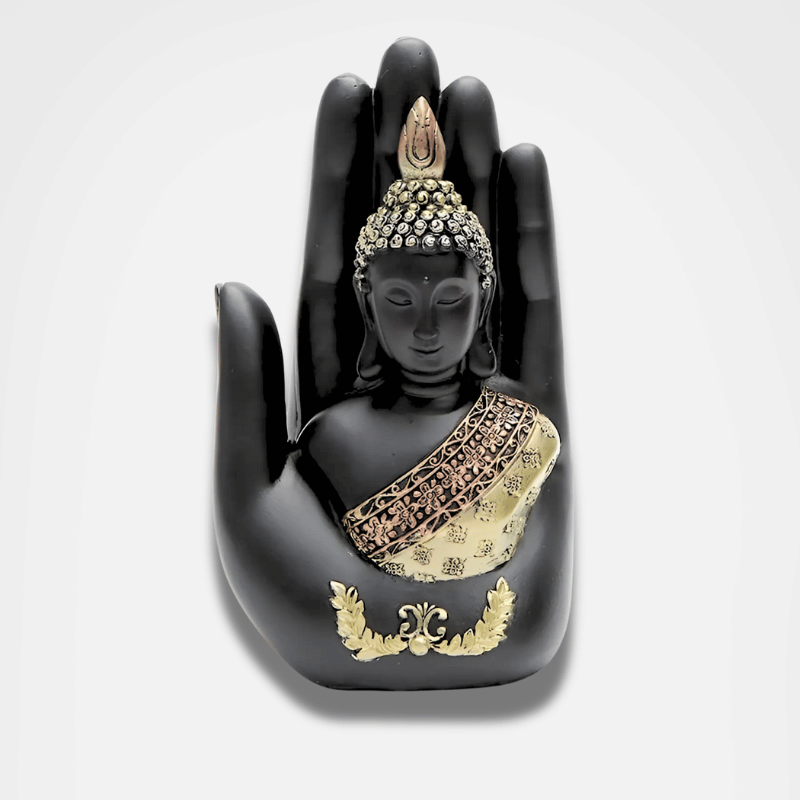
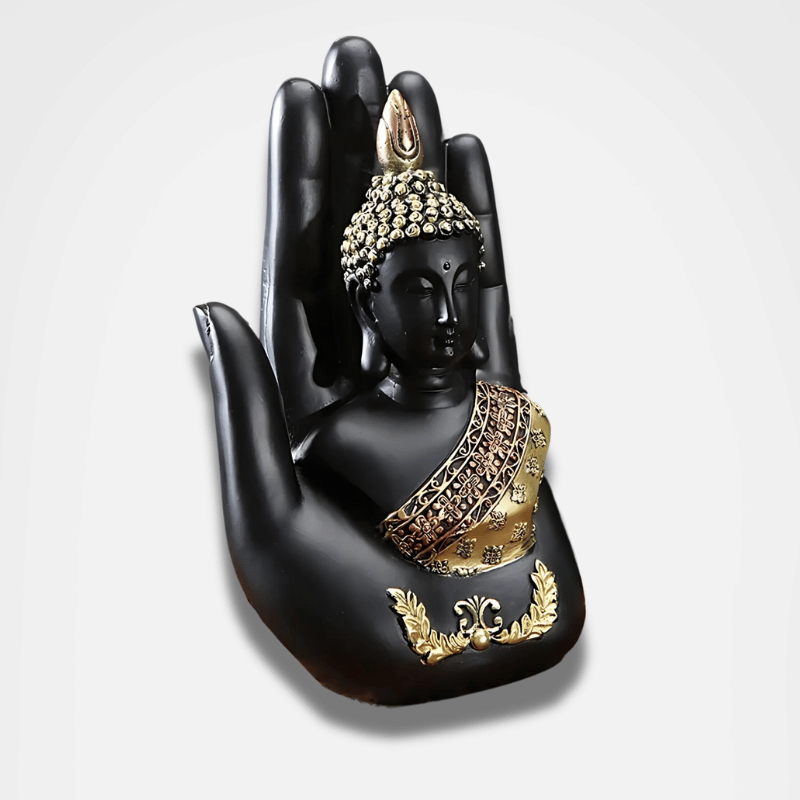






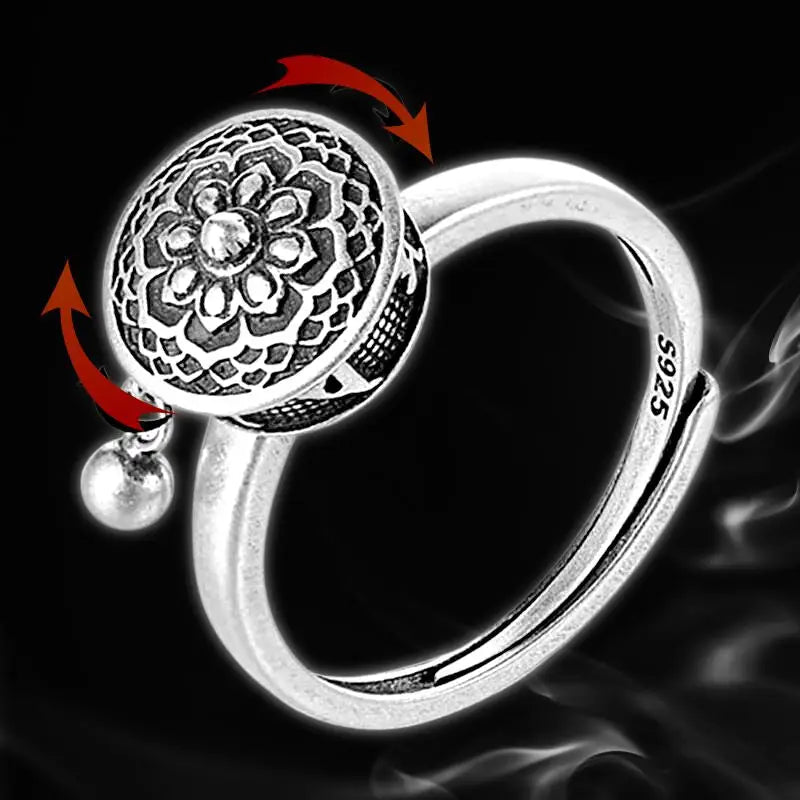
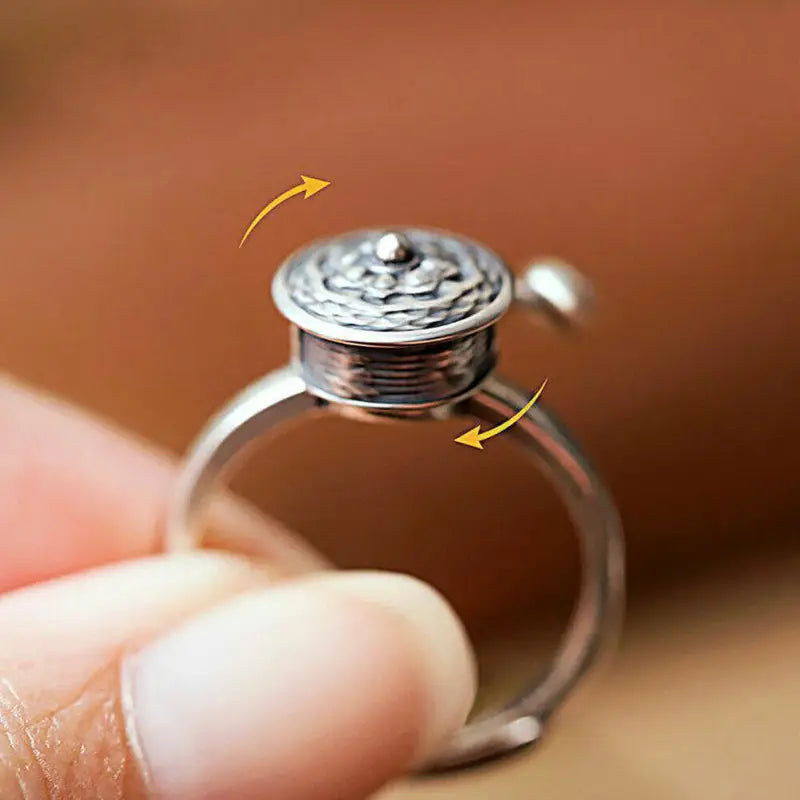

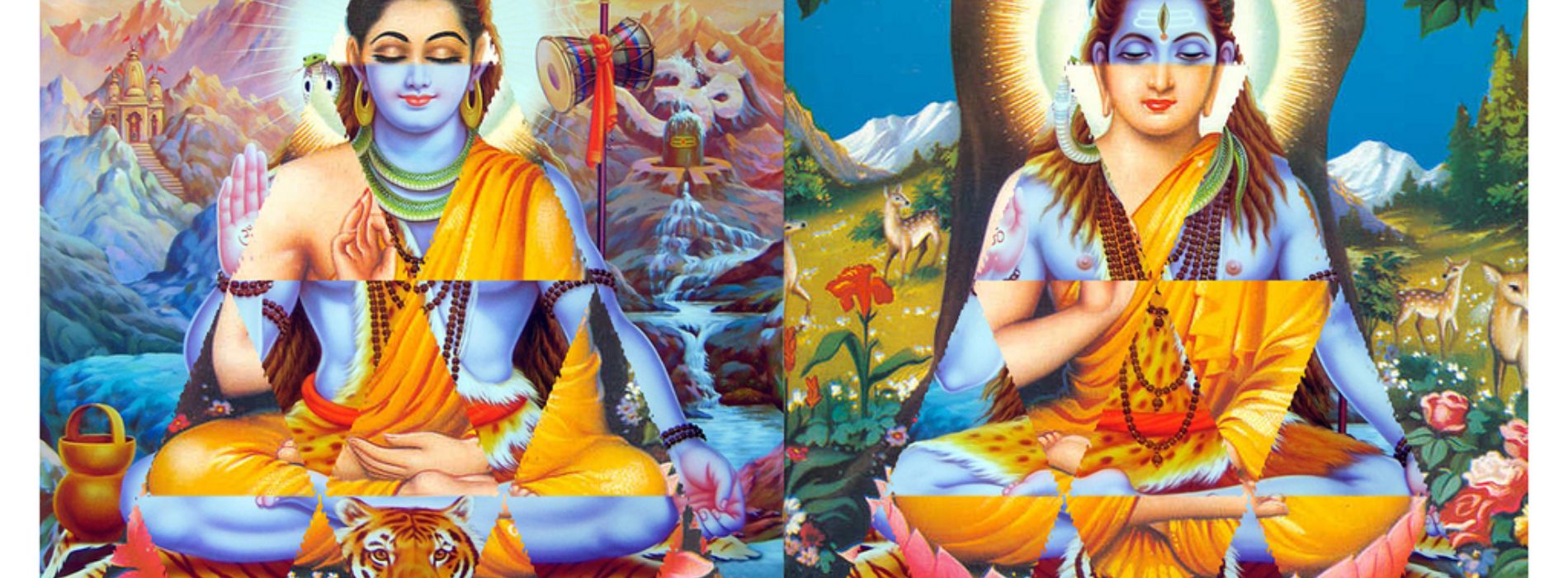
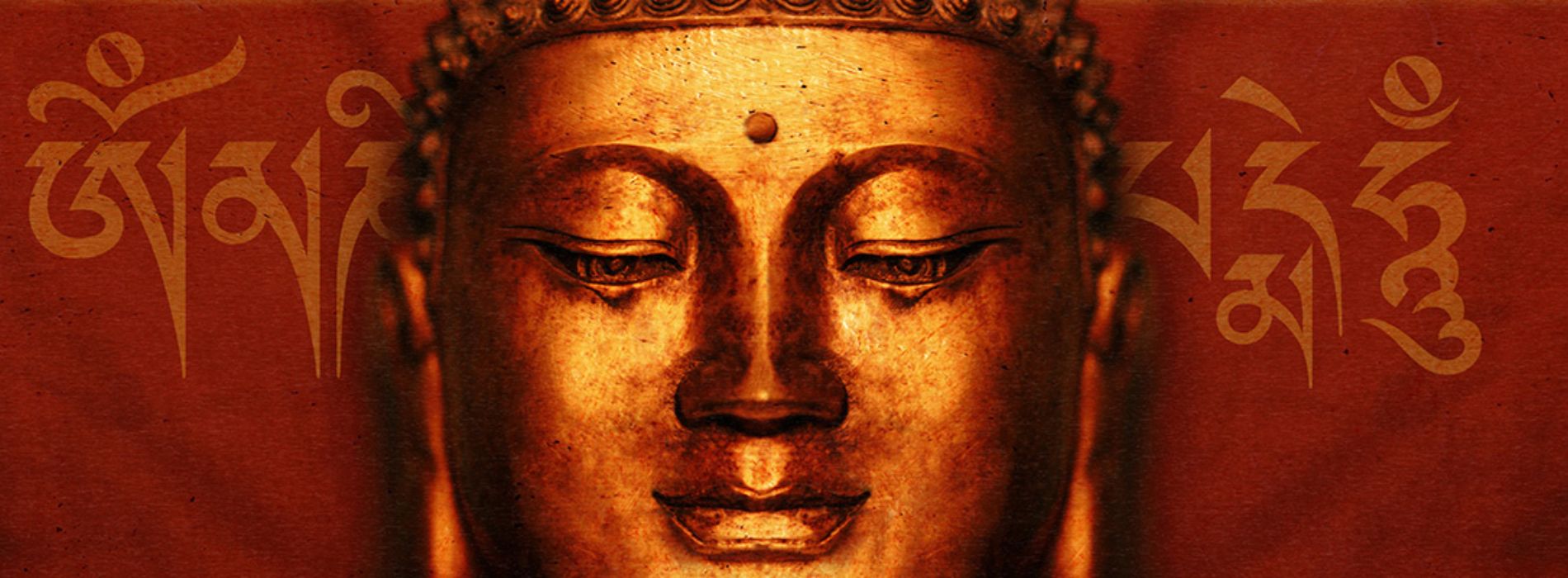



1 comment
mickael
bonjour j’ai 37ans et est ce que je peux me faire baptiser bouddhiste malgrer mon age?